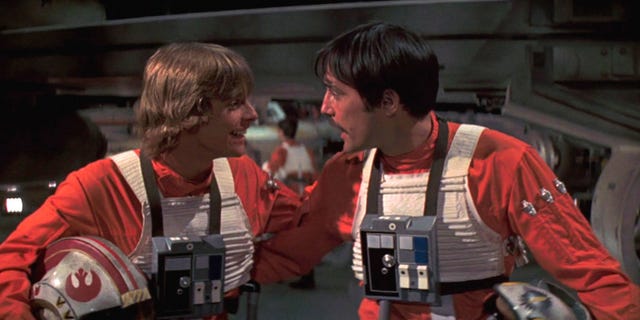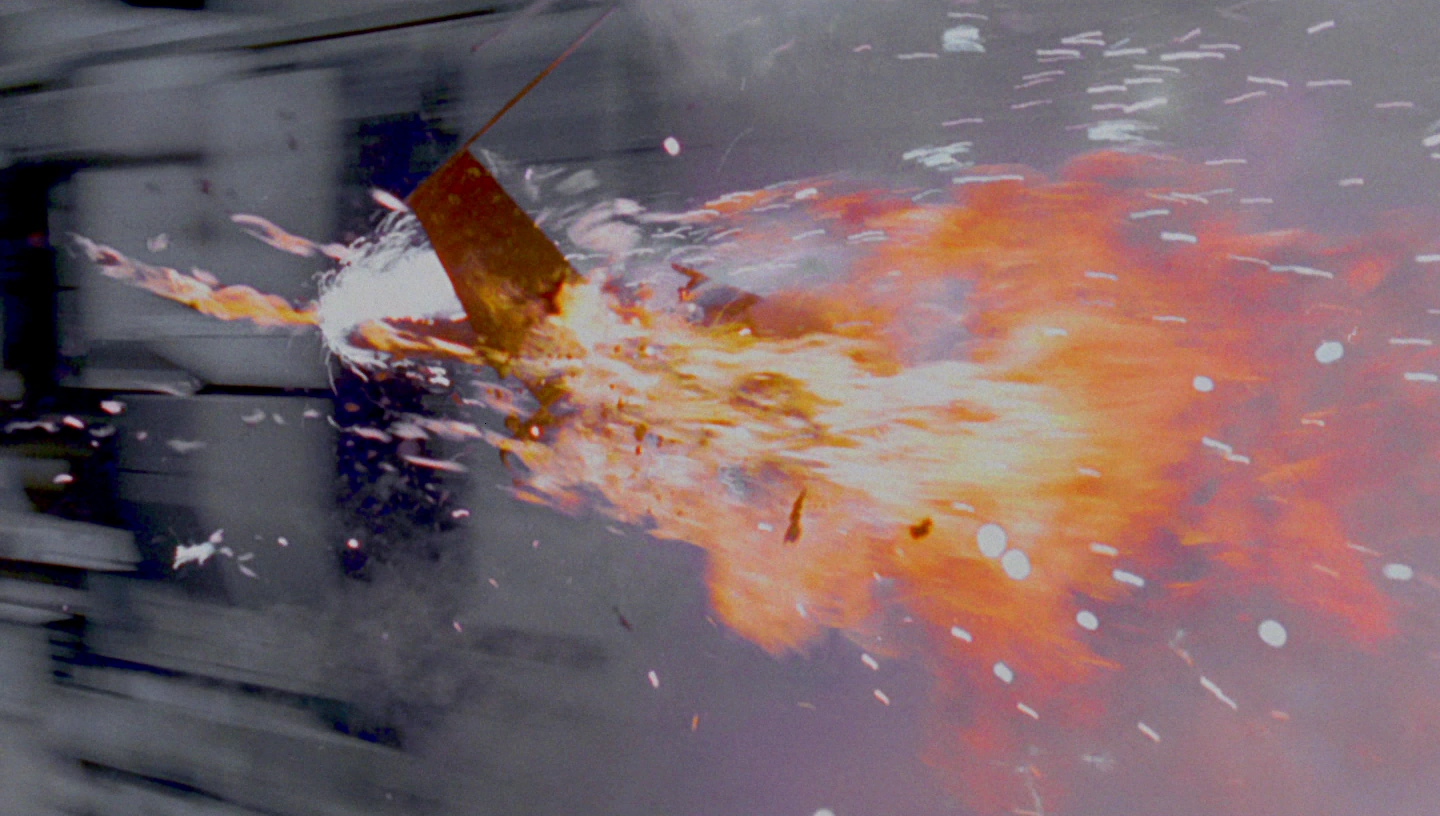-St Mark the Ascetic, On the Spiritual Law
To be wronged by another or to witness wrong is a horrific thing. Even witnessing a wrong is an injury to the soul, because we're all human and share a common bond. But it's imperative that we forgive others because not only did someone do something unnatural to you by harming you but they committed something unnatural against themselves; evil hurts the perpetrator, not just the victim. But it's easy for the victim to forget this and twist the hurt to put themselves in a far worse state of hurt than what the perpetrator did to them. This isn't to downplay the original wound, far from it! But to hate the one who wounds you only makes the wound worse. Hate will not The only way to fix this is to repent of the hatred for your enemy and pray for them.
All people start off with a basic trust of others as children, who are aware of the bonds that are between all things. A lot of people later in life comes to think of as a naïve dream. They couldn't be more wrong; we are all connected by virtue of being human and sharing in the same nature. We are to see everyone and everything as intrinsically connected and therefore worthy of love, because to love others is to love yourself. The Fathers teach that only when we love everyone in this way, as God does, that we are purified of the passions, which are the thoughts and sentiments that stop us from objective thought.
But the offense and harm others give us tempt us to give up this love and objectivity. Being wronged by another creates a crisis within someone's soul. It challenges the basic trust that we all have in men, a trust that is only too easy to give up. We must not do this, under any circumstance, because denying that connection we have to others is only denial and is not an actual cutting of ties. You can't say "Because so-and-so hurt me I withdraw my connection from him". That's logically absurd, because your decision to say you cut ties with your enemy is only possible because you have a connection to your enemy in the first place! What sad folly, to accept the lie that we can forget the ones who hurt us, that connection is only determined by pleasure and happiness, when connection is gained by merely existing; by virtue of that person existing you are connected to them. All we do by denying this is to stop up our ears and eyes. But the tragedy grows. Denying something so obvious only makes us hurt worse and so, eventually, that person becomes a god to us, a god that we must run from at all costs. And so we board ourselves up in our own little private prisons, trying to keep the memory of that person from the rest of us, locking the portion of ourselves that is connected to that hateful perpetrator that we loathe. We then fracture and suffer a far worse wound than what was originally dealt to us. We then condemn ourselves to Hell.
This atrocity is committed with the sin of anger, of which St. John Cassian says there is no actually healthy variety in his work On the Eight Vices. "Leaves, whether gold or lead, placed over the eyes, obstruct the sight equally, for the value of the gold does not affect the blindness it produces." Anger can only be used against two things: the passions within us and the demons that cause those passions. Nothing else deserves our anger, nothing at all, even those that hurt us. And since, as St. Mark the Ascetic says in On the Spiritual Law: "Just as a thought is made manifest through actions and words, so is our future reward through the impulses of the heart. Thus a merciful heart will receive mercy, while a merciless heart will receive the opposite."
This, of course, is heard too late for majority of us so we can avoid anger. Generally speaking wounds that give us the opportunity to start denying connections happen when we're far too young to process what we're doing. Some of us lost this love of neighbor years, sometimes decades, ago and have trained hatred into our very bodies; habits have a physical component, after all. Sin is a lot more than a decision, it's a habit, a series of decisions ingrained into our nervous systems. The decision to not see God is a way of life. The only way to fix this problem is to change it back to the way God intended, to repent.
How do we do repent? The Fathers are very clear about what we should do, which is to pray for one's enemies. In "A Night in the Desert of the Holy Mountain" by Metropolitan Hierotheos Vlachos the anonymous Gerondas advises to pray the Jesus Prayer as "Lord Jesus Christ have mercy on your servant" as the formula for praying for others. Names should be left aside, because God knows who you wish to pray for and what they need. And, as Saint Nicolai Velimorivich says in his classic prayer "Bless My Enemies, Oh Lord" enemies are the servants of God, our cruel friends. Our enemies still have the image of God in them and are, no matter their intentions, channels of grace from God. We may not like what grace they impart, but it doesn't change that grace comes from them.
But anyone who tries this way of life figures out very quickly that it's not just hard, but impossible. What's done to anyone is too much to bear because, no matter what happens, a human cannot actually solve human problems. It's normal to feel heights of forgiveness, only to fall into something that looks even worse than what you were before. The key, as with anything, is to keep going. Don't deny whatever pain it was that was dealt, just refuse to stay in it, but forgive and ask God to have mercy on you for your cold hard heart. At the end of the day God is merely waiting for you to finally realize that you mean your forgiveness.












